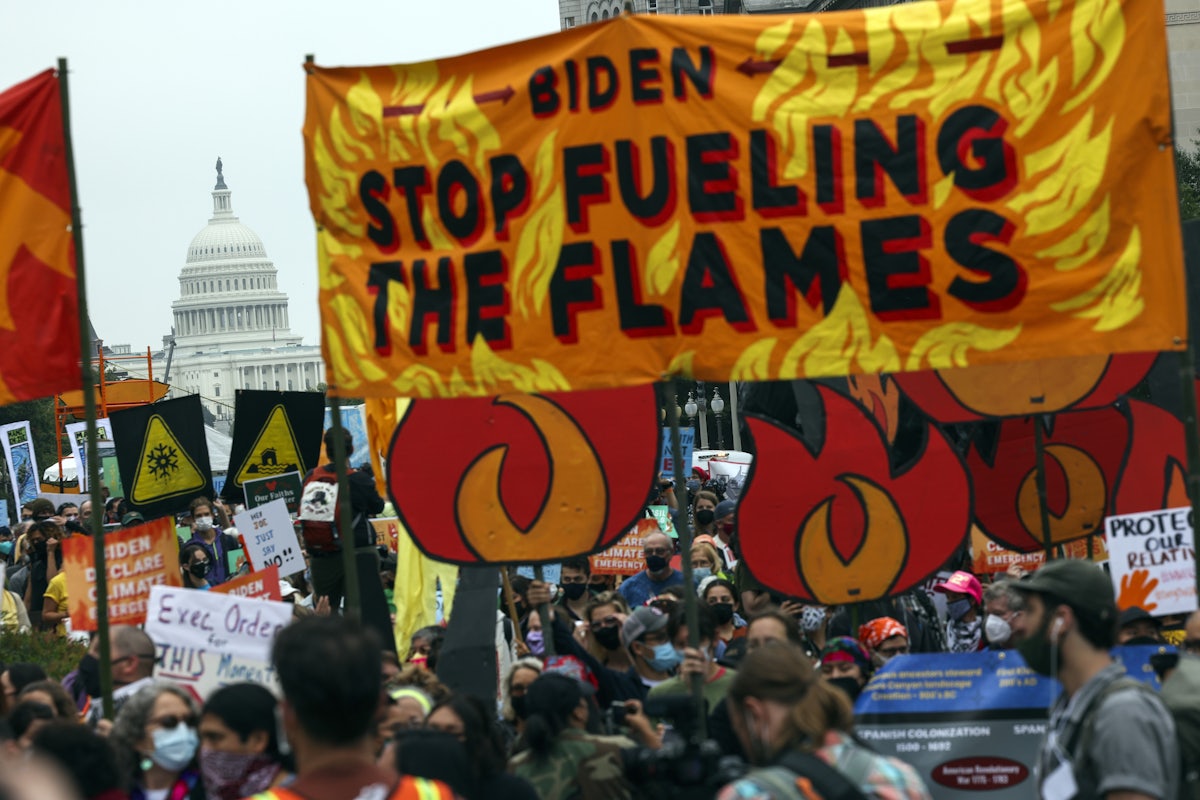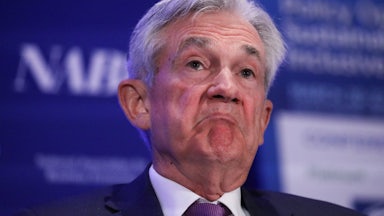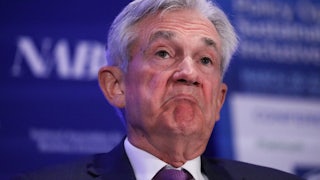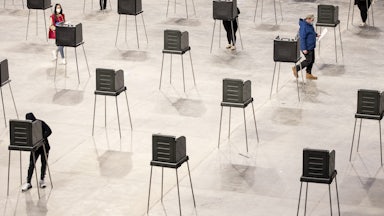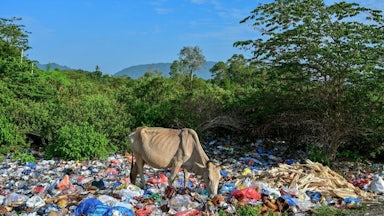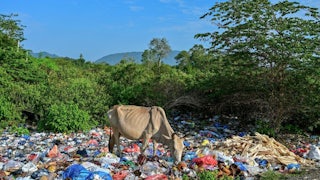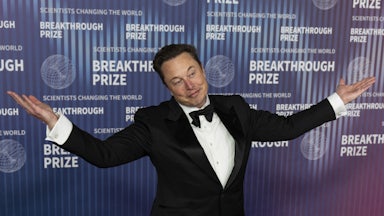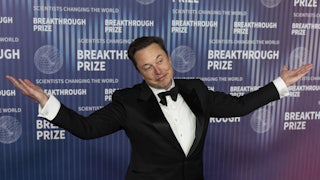Remember when Donald Trump called climate change a hoax, suggesting it was invented by the Chinese to gain a trade advantage over the West? That was in 2016. By 2019, Trump claimed (equally falsely) that his administration was addressing climate change.
Climate denialists still exist. But many have shifted to a different approach. Today, the fossil fuel industry and its pet politicians admit that climate change is real; they just don’t think we should do anything about it right now. Denial is so five years ago. It’s been replaced by the “discourse of delay,” according to a report released last week.
Online misinformation about climate is a huge problem, according to the report entitled “Deny, Deceive, Delay” published by the Institute for Strategic Dialogue, CASM Technology, and the Climate Action Against Disinformation Alliance. Examples of climate misinformation can range from the idea that only God can influence the climate to fake images of private jets lining up for the COP26 climate summit. But there’s one particularly dangerous element in this cesspool of fake news: the idea that climate change is a problem, just not an urgent one.
In recent years, climate has joined critical race theory, transgender student athletes, and mask wearing as a potent amulet in the culture war, animating a conservative base. Discourses of delay have been crucial in this process, this new report argues. You’ve probably heard some of these arguments before: that climate-friendly policy is an elite concern, that electric cars are just as bad for the environment as conventional cars, that it doesn’t matter what we in the United States do because China and India are even bigger polluters, or that renewable energy is unreliable.
Those of us pushing for immediate action will need to shift our own message to respond to this. That doesn’t just mean counteracting the above misinformation—pointing people to data showing that, in fact, two-thirds of Americans think the government should be doing more on climate, that E.V.s have a smaller lifetime footprint than gas-powered cars, that U.S. climate action matters profoundly, or that outdated gas-powered grids are actually much more unreliable than renewables. It also means we need to stop talking so much about the future. When we make climate a problem of the future, we play into the hands of the climate delayists, who at this point are more dangerous than the climate denialists. The future, an uncertain place that is always difficult to imagine, is exactly where the fossil fuel industry wants climate advocacy to dwell. That’s because the future is never now.
Delay is powerful precisely because those of us who worry about climate change have tended to frame the climate crisis as a problem for the future. Activists, politicians, and even many climate scientists have focused on describing the horrible dystopian future of the climate crisis, in books like David Wallace-Wells’s The Uninhabitable Earth (or the New York magazine article of the same name), which catalogs devastating droughts, famines, and plagues to come. Climate is often framed as a problem for our kids, even a reason not to have any kids. Climate protests often focus on young people’s fears about the future, with signs questioning whether they have one at all (“You’ll die of old age, we’ll die of climate change”; “Denied a future”; “I’m sure the dinosaurs thought they had time too”). A children’s book on Greta Thunberg asks, “What use is school without a future?” The climate movement has hoped to appeal to people’s parental instincts with such talk: Don’t you care about your kids’ future?
All this fretting about the future can backfire by suggesting that climate change is a problem for later rather than now. Relegating climate to the future only fuels delayism, because the future is easily ignored.
“Not yet” is a psychologically powerful concept. Behavioral economists have long identified the concept of “present bias”: We are likely to weight payoffs in the present over those in the future. We’re also likely to work harder to avoid present-day unpleasantness than future unpleasantness. A rich body of work on procrastination shows that almost everyone does it, even when it isn’t a smart idea; the test or deadline is tomorrow, but tomorrow does not feel as real to us as today. Thus, though it doesn’t make rational sense, many people feel more instinctive urgency over high gas prices rather than climate crisis because gas is too expensive right now and climate problems are in the future.
The only way to counter this is to point out the urgent truth obscured by the competing narratives of dystopia and delay, which is that the climate crisis is already here. Everything in those alarmist stories about what can happen is, in fact, happening. Las Vegas is already running out of water. The American West is already burning. Many animal species are already going extinct. Tropical countries are already battered by devasting hurricanes and tornadoes, whose seasons are expanding and intensifying. Summer in much of North America is already too hot, as an appalling number of heat-related deaths in the past few years have shown. Seven million people a year already die of air pollution. And as for these scary visions of a future of food scarcity? That, too, is here, and has been for some time: From 2020 to 2021, Oxfam estimated that the climate crisis had pushed 16 million people in 15 countries into crisis levels of hunger.
Climate delay thrives on the idea that addressing the climate crisis will make our lives worse. We want to put off anything that’s not pleasant: paying our taxes, going on a diet, changing the cat box. A lot of delay-discourse misinformation focuses on the idea of rationing energy, according to the ISD/CASM report, as well as other ways that moving off fossil fuels could harm ordinary people’s standard of living (neoliberal politicians who focus on addressing the climate crisis through carbon taxes rather than on green jobs and regulation play into this, of course). But most people would benefit from large-scale investment in new, green industries; cleaner air and water; more trees and green space; more walkable and bike-friendly cities; and less wildfire, drought, and famine. As Ezra Klein wrote last week, “It is a vision of more, not less.” The climate crisis is here now, and addressing it will make our lives better, not only in the hazy future but in the currently all-too-real present.
The delayists are cleverly exploiting the weakness in climate discourse: the movement’s tendency—perhaps born of privilege or perhaps its own form of neurotic denial—to speak of climate change as a dramatic nightmare that hasn’t yet arrived. The only possible response is to shift our attention to the present. The climate crisis is not waiting around. It’s here. The time to solve the problem is now.
